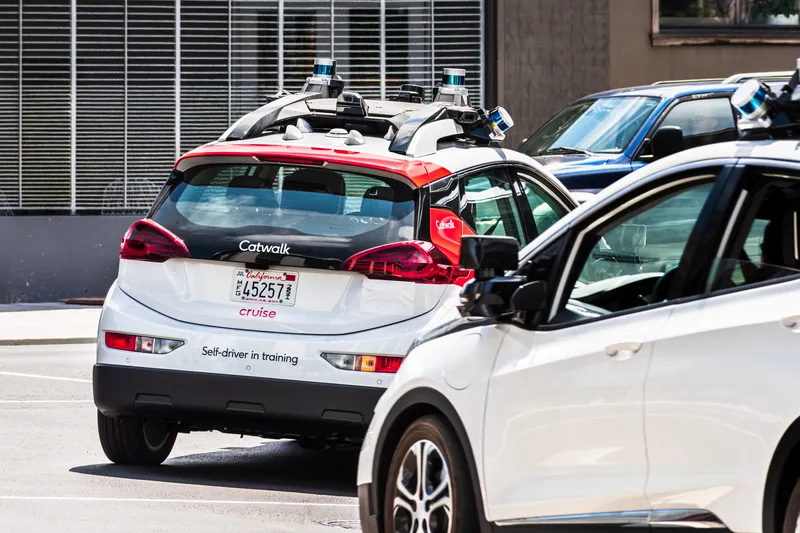The US Transportation Department and 17 automakers have reached agreement on efforts to enhance safety, including sharing information to thwart cyber-attacks on their increasingly wired vehicles, says Bloomberg.
Companies including General Motors, Ford and Toyota also agreed to reform the way they report fatalities, injuries and warranty claims to the government. The companies are to meet regularly to exchange information and identify emerging safety issues.
“Today DOT and the automakers represented h
January 19, 2016
Read time: 2 mins
The US Transportation Department and 17 automakers have reached agreement on efforts to enhance safety, including sharing information to thwart cyber-attacks on their increasingly wired vehicles, says Bloomberg.
Companies including948 General Motors, 278 Ford and 1686 Toyota also agreed to reform the way they report fatalities, injuries and warranty claims to the government. The companies are to meet regularly to exchange information and identify emerging safety issues.
“Today DOT and the automakers represented here are taking a strong stance in favour of a new approach, an approach that leans heavily on being proactive and less heavily on being reactive,” US Transportation Secretary Anthony Foxx in Detroit Friday at the North American International Auto Show in Detroit.
Company executives, including General Motors chief executive officer Mary Barra and1674 Fiat Chrysler Automobiles chief executive officer Sergio Marchionne had met with Foxx in Washington in December. The transportation secretary asked the companies to come up with voluntary measures they could agree to outside the traditional regulatory framework.
The companies and regulators have agreed to suggest best practices on cybersecurity, share lessons learned and find ways to engage researchers to identify emerging threats. They will work with the information sharing and analysis centre established by the auto industry last year.
Companies including
“Today DOT and the automakers represented here are taking a strong stance in favour of a new approach, an approach that leans heavily on being proactive and less heavily on being reactive,” US Transportation Secretary Anthony Foxx in Detroit Friday at the North American International Auto Show in Detroit.
Company executives, including General Motors chief executive officer Mary Barra and
The companies and regulators have agreed to suggest best practices on cybersecurity, share lessons learned and find ways to engage researchers to identify emerging threats. They will work with the information sharing and analysis centre established by the auto industry last year.









